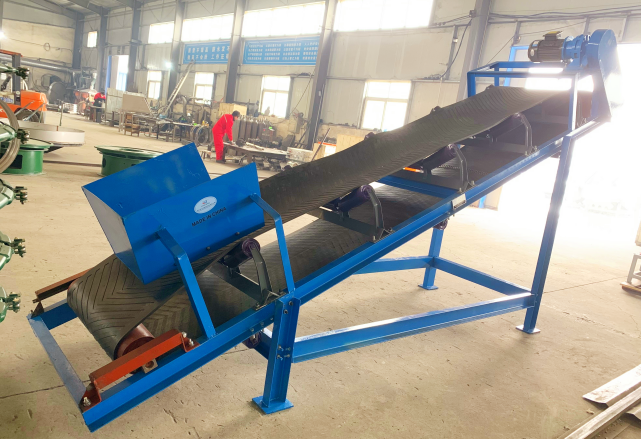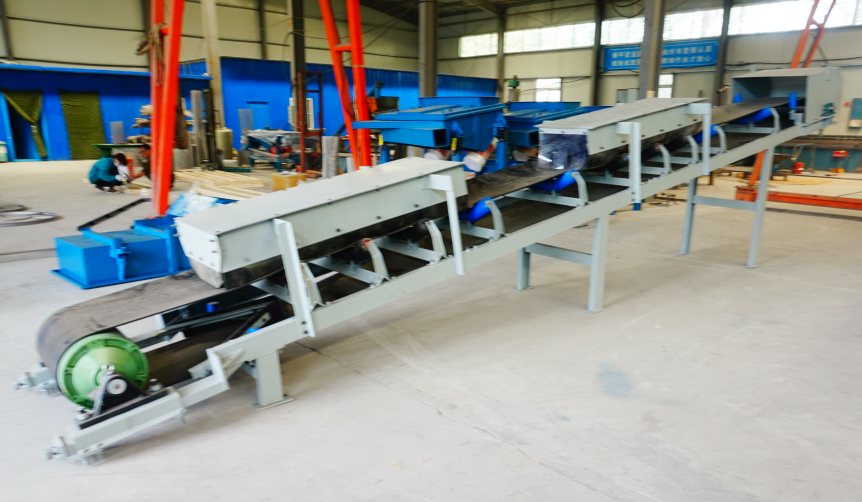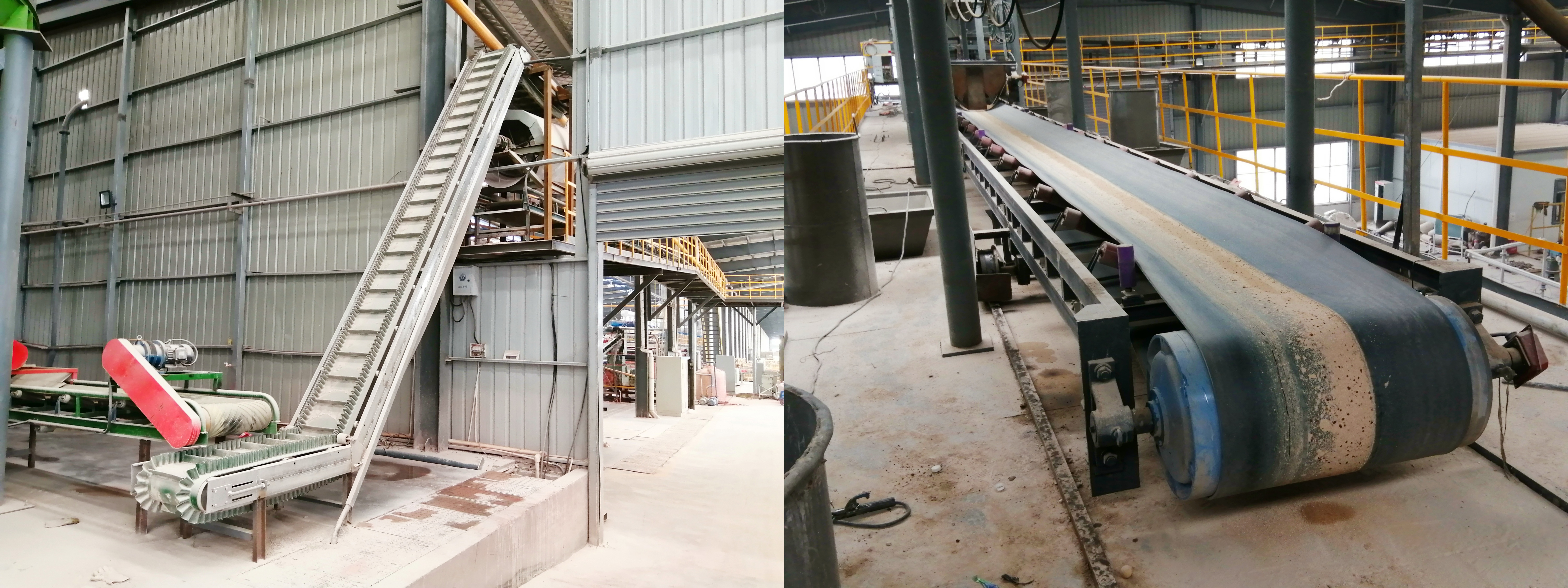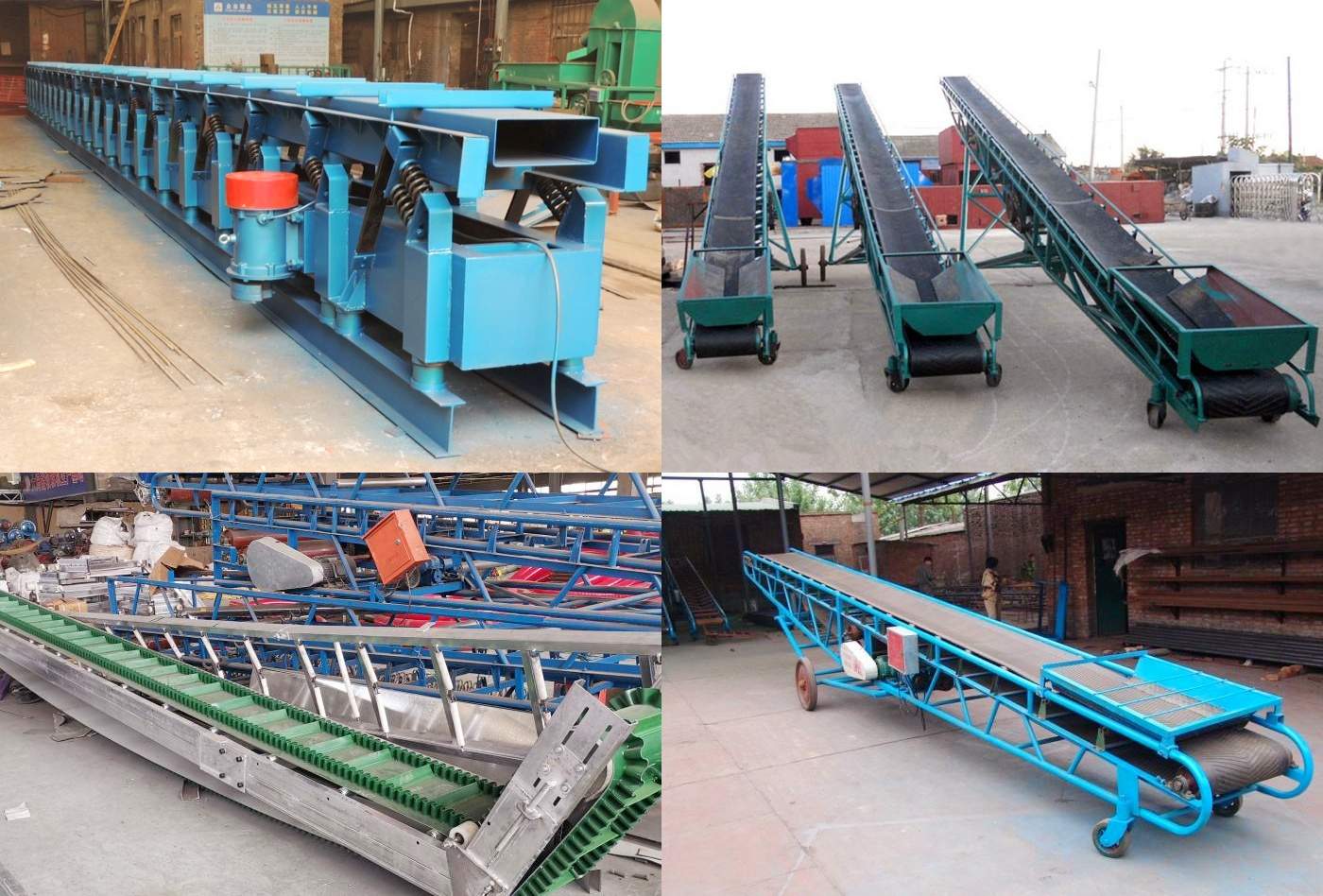As a supplier of belt conveyor system, it is not only the manufacturer of equipment, but also the service provider who provides customers with overall conveying solutions. By producing belt conveyor products of various types and specifications, providing customized support, and strengthening after-sales service and technical support, manufacturers can better meet the diverse needs of customers from different industries. This not only expands the market, but also improves the ability and flexibility to serve customers.

The demand for belt conveyors in different industries varies greatly. For example, the mining industry requires belt conveyors to have high strength and wear resistance to adapt to harsh working environments and transport large amounts of heavy objects such as ores; while the food processing industry requires conveyors to meet relevant standards, be non-toxic and harmless, and easy to clean. Suppliers can produce multiple types of products, and provide specially designed conveyors for the characteristics of different industries to meet the special requirements of various industries, thereby expanding market coverage and serving more customers.

Even in the same industry, the working conditions of different customers may be different. For example, some customers have a short conveying distance, while others need long-distance conveying; some conveying lines are horizontal, while others have a certain slope. Various types of products can meet different working conditions such as conveying distance, conveying angle, conveying speed, etc. For example, the B6X series belt conveyor of Shibang Group adopts a long-distance head frame design, which is more conducive to material dropping, can better adapt to some special working conditions, and provide customers with more suitable choices.

As a supplier, the manufacturer does not only provide standard equipment, but also conducts customized design and manufacturing based on the actual working conditions of customers. This is also an important advantage that distinguishes it from traders or middlemen.

Common customization contents include conveyor belt material customization, including but not limited to PVC, PU, rubber, high temperature resistance, oil resistance, anti-static, food grade, etc.; customization of conveying length and bandwidth, from 1 meter to hundreds of meters, from 300mm to more than 2000mm; customization of conveying angle, which can be horizontal, climbing, large angle or even vertical; customization of functional structure, such as adding guide grooves, baffles, flip sections, cleaning devices, rollers, etc.; customization of control system (frequency conversion speed regulation, PLC control, remote linkage, etc.); customization of support methods (ground-standing, hoisting, mobile, guide rail sliding), etc. Through these non-standard capabilities, manufacturers can provide more suitable conveying solutions according to the customer's industry, material characteristics, spatial layout, etc.
Each customer may have its own unique production process and process, and will have personalized requirements for the functions and specifications of belt conveyors. Suppliers who produce multiple types of products can provide customized services to customers based on a rich variety of products. For example, according to the customer's site layout, a suitable conveyor layout plan can be designed; according to the customer's material characteristics, the appropriate conveyor belt material and conveying method can be selected to help customers optimize the production process and improve production efficiency.

Suppliers of multiple types of products usually have a more complete after-sales service system and richer technical reserves. When a customer's belt conveyor system has problems or needs to be upgraded during use, the supplier can quickly provide suitable accessories for repair and replacement with its diverse product resources and professional technical team, or provide customers with upgrade solutions to help customers upgrade and transform existing equipment, ensure the continuous and stable operation of the equipment, reduce downtime, and reduce customers' maintenance costs and production losses.

In addition, while producing various types of products, Dahan Machinery also needs to focus on product quality control, technological innovation and improvement of after-sales service, so as to provide customers with high-quality services in an all-round way, improve customer satisfaction and loyalty, and occupy a favorable position in market competition.